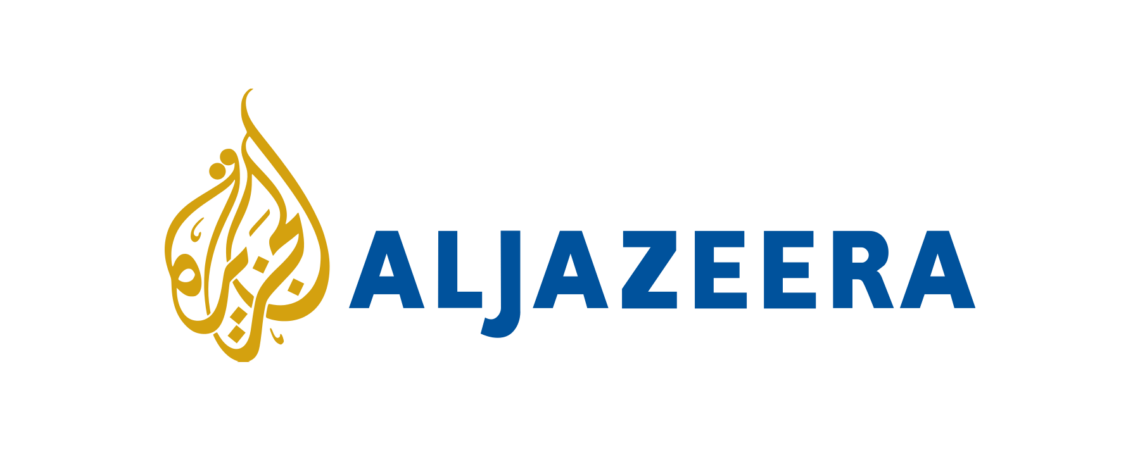US will more than double money available for investment in low- and middle-income countries, many of them in Africa.
Eleven heads of state and government and more than 1,000 business leaders are meeting in Mozambique this week for the US-Africa Business Summit ahead of the launch of a new, ambitious $60bn United States investment agency that some analysts are calling a “once-in-a-generational opportunity” for the continent as well as a bid by the administration of US President Donald Trump to directly counter China’s influence there.
The United States International Development Finance Corporation (DFC) will more than double the amount of money available for US investment in low- and middle-income countries than was previously available through the Overseas Private Investment Corporation (OPIC) and the Development Credit Authority (DCA). Many of the countries supported by this new agency will be in Africa.
Created through the bipartisan-supported BUILD Act of 2018, DFC will allow limited equity investments for the first time and will provide technical assistance and increased oversight on development projects. It will also more than double the investment cap, according to the agency’s website.
The new $60bn investment cap creates an “opportunity to reframe how development finance executes in Washington,” Aubrey Hruby, a senior fellow with the Atlantic Council’s Africa Center and co-author of the book The Next Africa, told Al Jazeera. That it comes under Trump, who has drawn ire for his comments about Africa and who previously proposed scrapping funding for OPIC, is “utterly surprising,” she said.
“I think a lot of people who care about Africa, when the Trump administration first started and OPIC was zeroed out in the budget and the view was they didn’t care about Africa, never would have anticipated such a development,” Hruby said. “But in many ways, there have been more resources put to Africa, or African opportunities, and US companies in Africa under the Trump administration than any other administration before.”
‘A robust alternative’ to the Chinese model
Experts say there are several reasons why the US is upping its investment game in Africa now. Part of DFC’s stated mission is to “provide financially sound alternatives to state-led initiatives from countries like China” and to help countries “sidestep opaque and unsustainable debt traps being laid by Beijing throughout the developing world”.
Africa is also the focus of many investors. While foreign direct investment (FDI) is down worldwide for the third straight year, Africa received $46bn in FDI in 2018, up 11 percent from 2017, according to figures from the United Nations. The US hopes its new agency will counter China’s investment influence on the continent.
“The DFC will provide a robust alternative to the Chinese debt-heavy model that can leave developing countries worse off,” Worku Gachou, OPIC’s managing director for Africa, told Al Jazeera. “The DFC will incentivise private sector-led development projects that adhere to high standards and are financially viable over the long haul, while ensuring that contracts are transparent and that transactions properly assess economic and social impacts.”
Last fall, Chinese President Xi Jinping pledged $60bn in financial aid to Africa and promised to write off debt for the country’s poorer nations. China has been Africa’s biggest trading partner over the past decade, but Beijing’s “debt-laden approach” to development on the continent has been criticised. In contrast to China’s infrastructure-centric, government-to-government financing, DFC focuses on “private-sector-led development”.
“Our approach doesn’t saddle local governments and populations with debt, and promotes economic growth,” Gachou said. “We facilitate economic development that benefits countries by supporting sovereignty, creating jobs for local workers, supporting women’s economic empowerment, and investing in projects built to last. At a time when state-based investors are pouring large amounts into infrastructure projects, OPIC and the DFC invest through a model that is private-sector led. Our goal is to support projects that are win-win for investors and the countries.”
‘More tools to invest’
Hruby said the new agency’s impact won’t just be felt in the form of more capital. It also gives US investors more tools to invest overseas. In addition to OPIC’s preexisting “loans, loan guarantees, political risk insurance, and investment funds”, DFC will also be able to make equity investments, according to the agency’s website.
In the past, the US wasn’t on equal footing with European financial institutions that could provide equity in Africa, Hruby explained. In 2017, France topped the list of countries with foreign direct investment in the continent, followed by the Netherlands, the UK and the US.
“Since its founding in the 70s, OPIC was limited to operating with debt. So they basically could only give debt to private equity funds or debt to projects,” Hruby explained. “Now, under the new DFC, they will be able to give equity, and that allows for a lot more flexibility, so they’ll be able to seed new private equity funds for Africa, for example. Before they could not seed them because funds would have to raise anchor capital and then leverage OPIC debt.”
Steven Grin is a managing partner of Lateral Capital, an Africa-focused venture fund. Grin wrote on his fund’s blog that he believes that the DFC is the “most important development” in economic diplomacy since the Marshall Plan, which distributed $13bn in US aid to help rebuild Europe after World War II.
“I believe it is one of the most important initiatives in US commercial diplomacy in over 50 years. For companies like Lateral, it represents an opportunity to access equity from a partner like the DFC while not crowding out other development-oriented capital,” Grin told Al Jazeera, adding that his firm plans to reach out to DFC when its equity window goes live. DFC will officially become operational on October 1.
[To read original article, click here]

